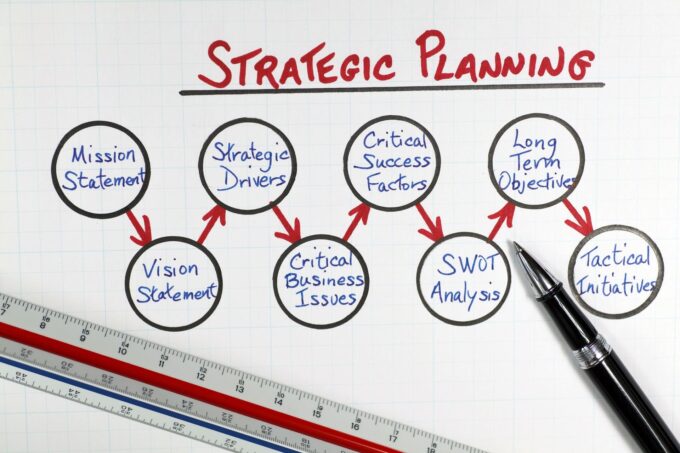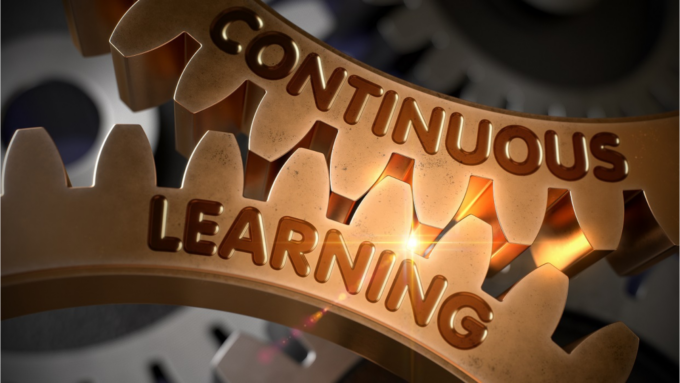The CMA Certification, also known as Certified Management Accountant Certification, is a professional credential that confirms your competence and expertise in key areas of management accounting and financial management. It is specifically tailored for professionals who work in management accounting and financial management positions within organizations as they play a crucial role in various aspects including strategic planning, budgeting, performance management, and decision-making, making their expertise invaluable.
Enrolling in a CMA Course provides you with a multitude of advantages, such as:
- Expanded career opportunities
- Global Recognition
- Competitive advantage
- Higher earning potential
- Enhanced skill set
- Professional network
- Career advancement prospects
- Continuous professional development
- Commitment to ethical standards
- A significant contribution to professional growth and success in the finance and accounting industry

Due to its reputation as a global financial hub and its concentration on multinational corporations, financial institutions, and professional services firms, there is substantial demand for CMA professionals. This course is widely recognized and available for professionals aiming to improve their management accounting abilities and advance in the finance and accounting sector.
Undertaking this training proves to be a valuable investment for professionals aiming to enhance their accounting and financial management skills. This certification equips you with the necessary knowledge, competencies, and credibility to excel in management accounting positions, thereby creating opportunities for career advancement in Dubai’s highly competitive job market.
Certified Management Accountants (CMAs) play a critical role in the financial management and decision-making processes within companies and organizations. To excel in this profession, you need to possess a diverse set of skills that go beyond technical accounting knowledge. In this article, we will explore ten essential skills that every CMA professional should possess, highlighting their significance in contributing to success in the field.
1. Financial Analysis

One of the crucial skills you can possess as a CMA professional is financial analysis. This involves the ability to interpret financial statements, examine trends, and extract valuable insights from financial data. You must gain a strong understanding of accounting principles and financial ratios to effectively assess an organization’s financial well-being.
2. Decision-Making
Having solid decision-making skills is vital for you as a CMA, as they often come in handy in critical business decisions. You should possess the ability to analyze alternatives, evaluate financial implications, and make informed decisions aligned with the organization’s goals. Effective decision-making involves considering both financial and non-financial factors to maximize value for the organization. Decision-making skills can be honed by taking up a professional CMA certification.
3. Strategic Planning

Strategic planning is a crucial part of financial management for every organization. You should possess the capability to contribute to the strategic planning for future operations. By aligning financial insights with organizational goals, you can play a vital role in the development and execution of strategic initiatives. Proficiency in this skill requires comprehension of industry dynamics, awareness of market trends, and the ability to assess the financial implications of strategic choices. How to utilize these inputs for strategic planning can be learned during this training program.
4. Cost Management
Cost management is a critical skill for CMAs as they are responsible for optimizing expenses and improving profitability. You should have a deep understanding of accounting techniques, cost allocation methods, and cost control measures. By analyzing the spending structures and identifying cost-saving opportunities, you are considerably contributing towards the financial stability and growth of the organization.
5. Performance Measurement

Having a firm grasp of effective performance measurement is crucial for CMAs to assess and appraise an organization’s performance. It requires proficiency in creating key performance indicators (KPIs), performing variance analysis, and identifying areas in need of improvement. This skill empowers you to offer valuable insights into performance gaps and suggests suitable actions to accomplish organizational goals.
6. Risk Management
It is important to possess the ability to evaluate and estimate financial risks effectively. This includes recognizing potential risks, formulating risk mitigation strategies, and ensuring adherence to regulatory requirements. By proactively managing risks, you contribute to safeguarding the financial stability and reputation of the organization. Acquiring expertise in this skill is very much possible by enrolling in a professional training program.
7. Communication

Effective communication skill is a must as you may often need to convey complex financial information to various stakeholders, including non-financial professionals. Strong written and verbal communication skills allow you to articulate financial insights clearly, present financial reports, and facilitate discussions with decision-makers.
8. Ethical Standards
As a CMA professional, you must uphold high ethical standards in your professional practice. You are expected to handle sensitive financial information and maintain confidentiality and objectivity. Adhering to ethical guidelines and professional codes of conduct is essential for establishing trust with stakeholders and safeguarding the organization’s reputation.
9. Technological Proficiency
In today’s digital age, you need to be proficient in financial software and technology tools. Excellence in spreadsheet software, financial management systems, and data analysis tools allows you to work efficiently and leverage technology to enhance decision-making and financial reporting processes. Continuous learning and staying updated with emerging technologies are crucial in this ever-evolving field. Professionals in this field can stay abreast of technological advancements with the help of CMA training programs.
10. Continuous Learning

The realm of accounting and finance is constantly evolving, requiring CMAs to maintain a steadfast dedication to ongoing learning and professional growth. You must remain up-to-date with industry trends, regulations, and emerging practices. Engaging in professional development opportunities, such as attending seminars, pursuing advanced certifications, and actively participating in relevant professional organizations, enables you to stay at the forefront of your field.
Conclusion
To be successful in your role as a Certified Management Accountant, you need to possess a diverse range of skills. Beyond technical accounting knowledge, you must excel in financial analysis, decision-making, strategic planning, cost management, performance measurement, risk management, communication, ethical standards, technology proficiency, and continuous learning. These ten essential skills equip you with the capabilities to navigate complex financial landscapes, provide valuable insights, and contribute to the overall success of the organization that you work for.









